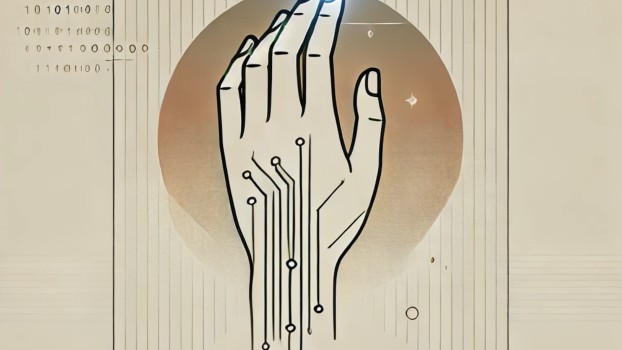In October, the Canadian Real Estate Association – the industry body for Canada’s realtors – held a hackathon in Ottawa that invited developers and data scientists from banks, startups and schools to address some of the business challenges CREA is facing. Over the course of a weekend, 14 teams were given access to CREA data to build their tools, such as listing info and data from partners.
While an industry body might not be the first organization that comes to mind when one thinks of innovation, Patrick Pichette, VP of strategic business and innovation at the CREA, says there are two pressing reasons for the hackathon. The first is that Realtor.ca is often the first place Canadians go when looking for a new home, and there is a need both to evolve the site and to let its members know it is committed to doing so.
“Having the site as that consumer’s first choice and having it meet their expectations is really critical for our realtor members,” Pichette says. “It’s critical that the site be a trusted and popular destination, because every time a Canadian visits the site, it gives us an opportunity to talk to them about the value of working with a realtor and make a meaningful connection. Hosting this kind of event gives us an opportunity to send a signal to our members that we are doing things differently and that we are focused on evolving the site, more than we’ve ever been.”
The second reason for the hackathon is one most industries are facing: disruption. Last year, VCs in the U.S. alone invested $13 billion in real estate startups and tech companies, something Pichette says is going to disrupt the industry in Canada as well.
“There’s more and more choice for consumers when it comes to sources they can get real estate information and services from,” he says. “An organization like ours needs to be able to leverage emerging technology as effectively as we can to ensure we remain relevant to consumers.”
A common theme among the teams at the event was turning Realtor.ca into a lifestyle destination by finding new ways to incorporate things like nearby activities or services into a user’s search. But the winner was a team of data scientists that developed an AI-powered visual search tool that allowed users to upload photos – of kitchens they liked, or backyards that met their family’s needs – and refine their search based on which homes looked the most similar.
CREA plans to host several hackathons in the future. Pichette says that, beyond the actual tools that were developed during the hackathon, the major benefit was connecting CREA with the “innovation community,” a group of companies and people it was not previously engaged with.
“We have a very talented team of developers, but it is relatively small,” he says. “It was great that they got to help the teams understand the data and work through it, but they also benefited from the opportunity to work with talent from different backgrounds who brought a fresh perspective to some of the challenges we face. We’re also a non-profit with limited resources, so we need to be collaborative if we’re going to continue to innovate and meet the expectations of both realtors and consumers.”























